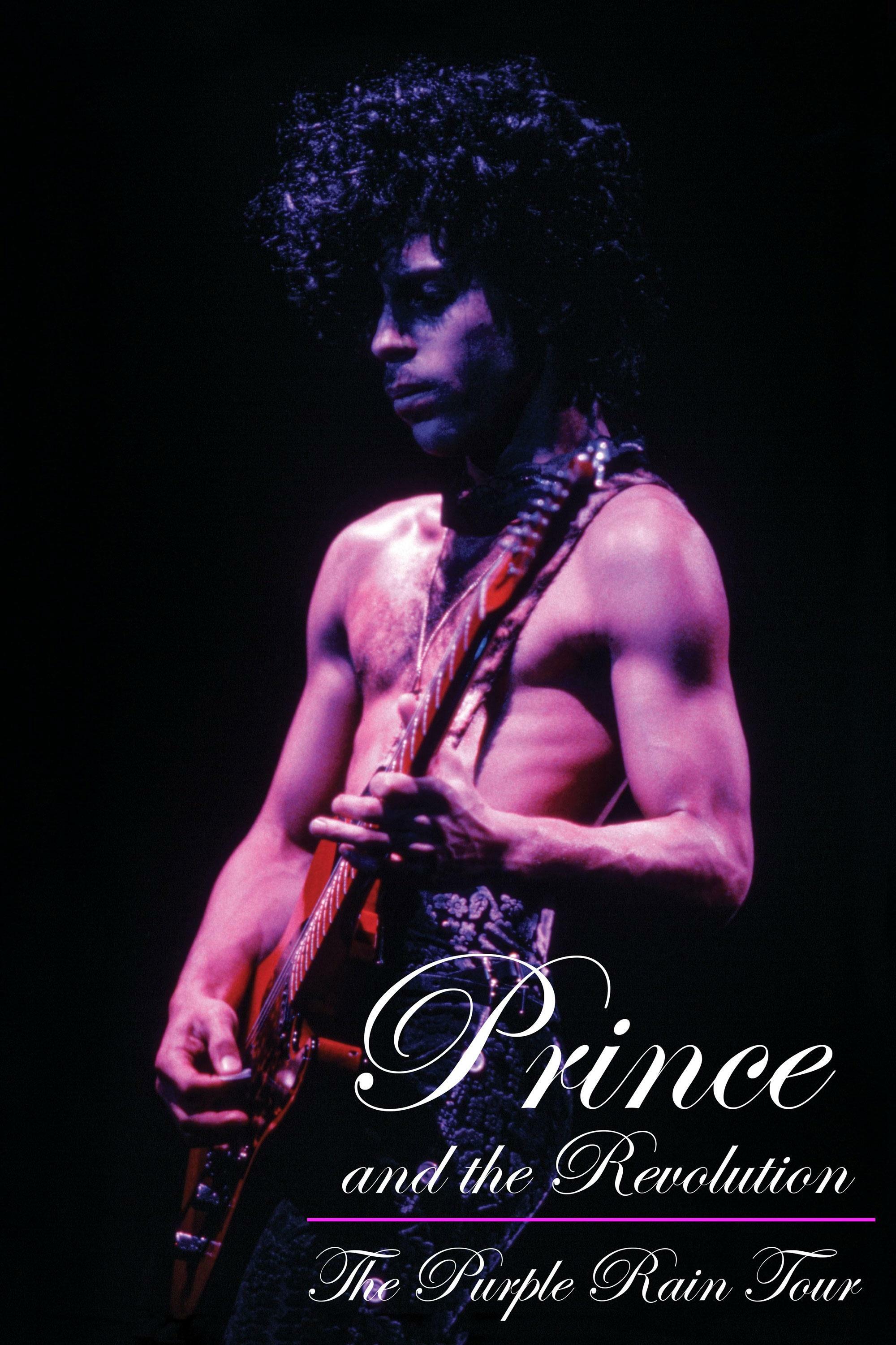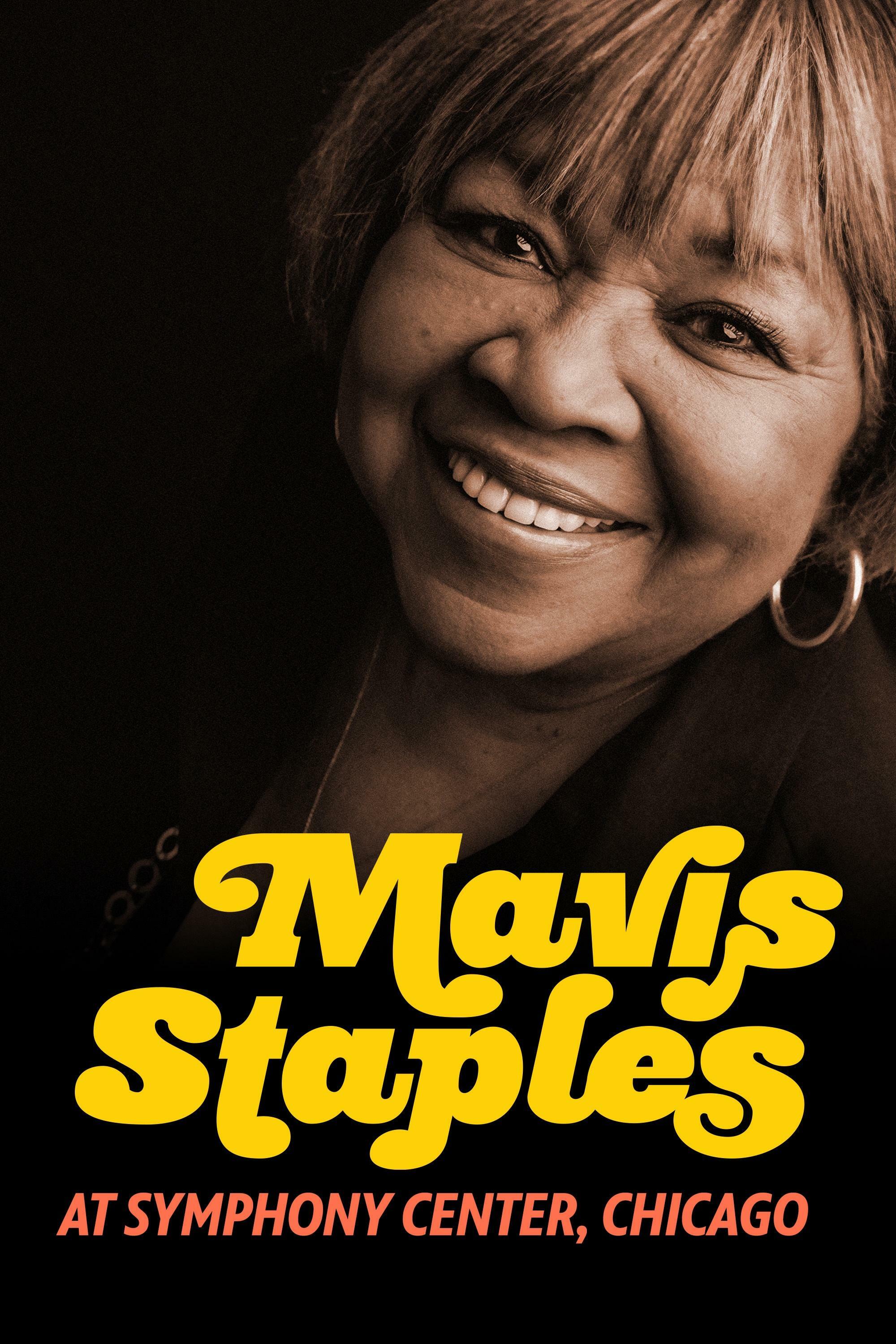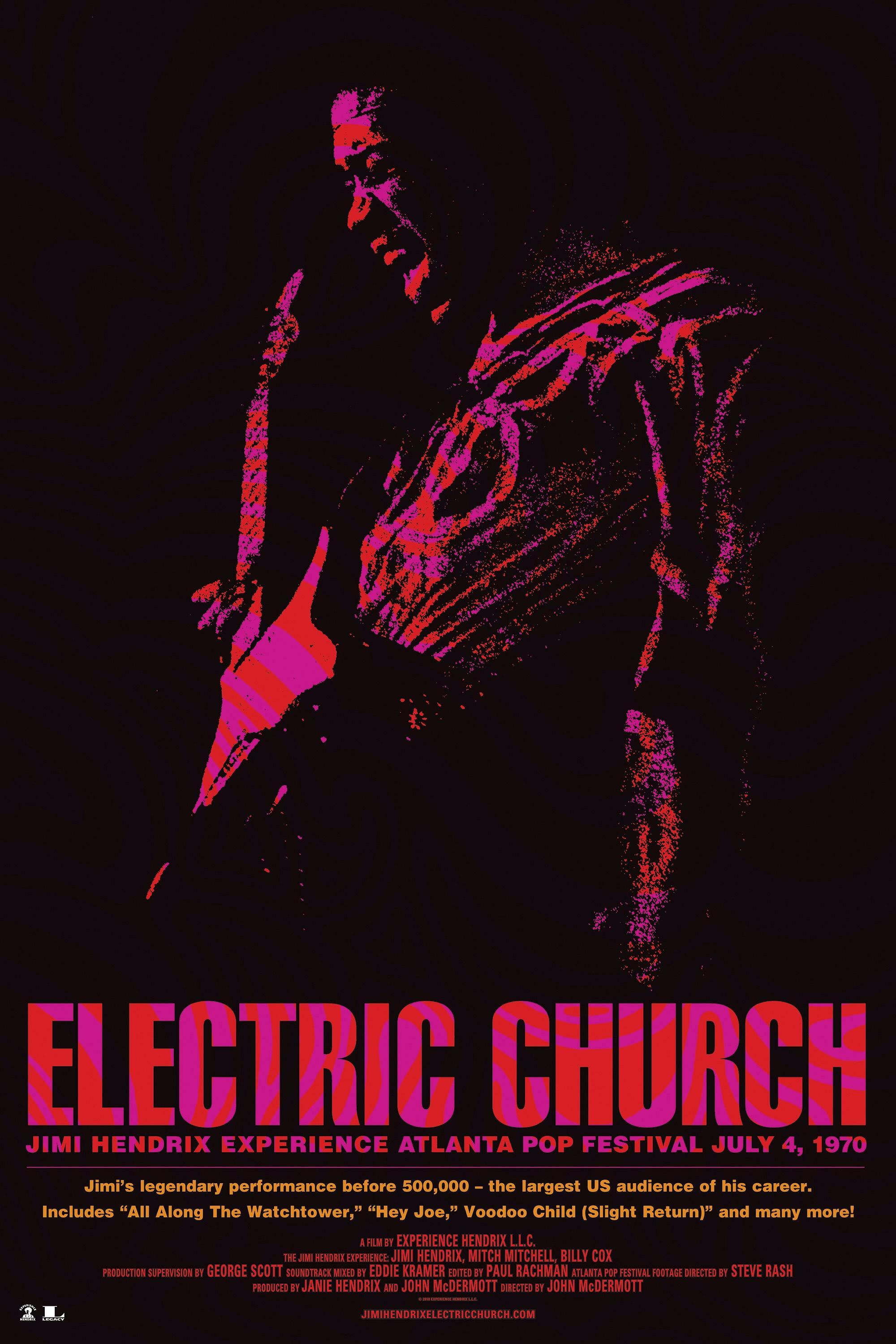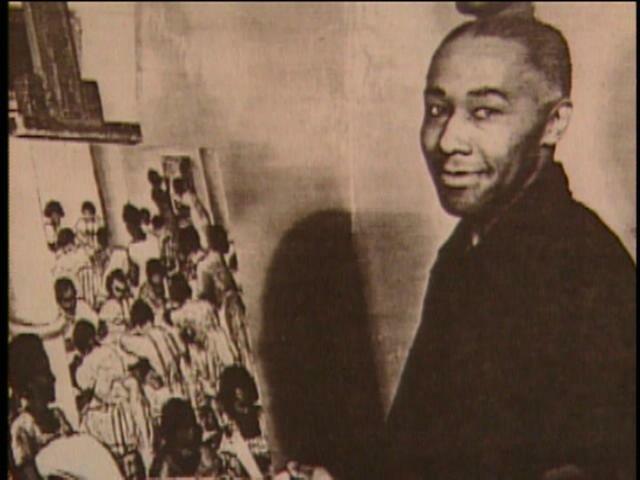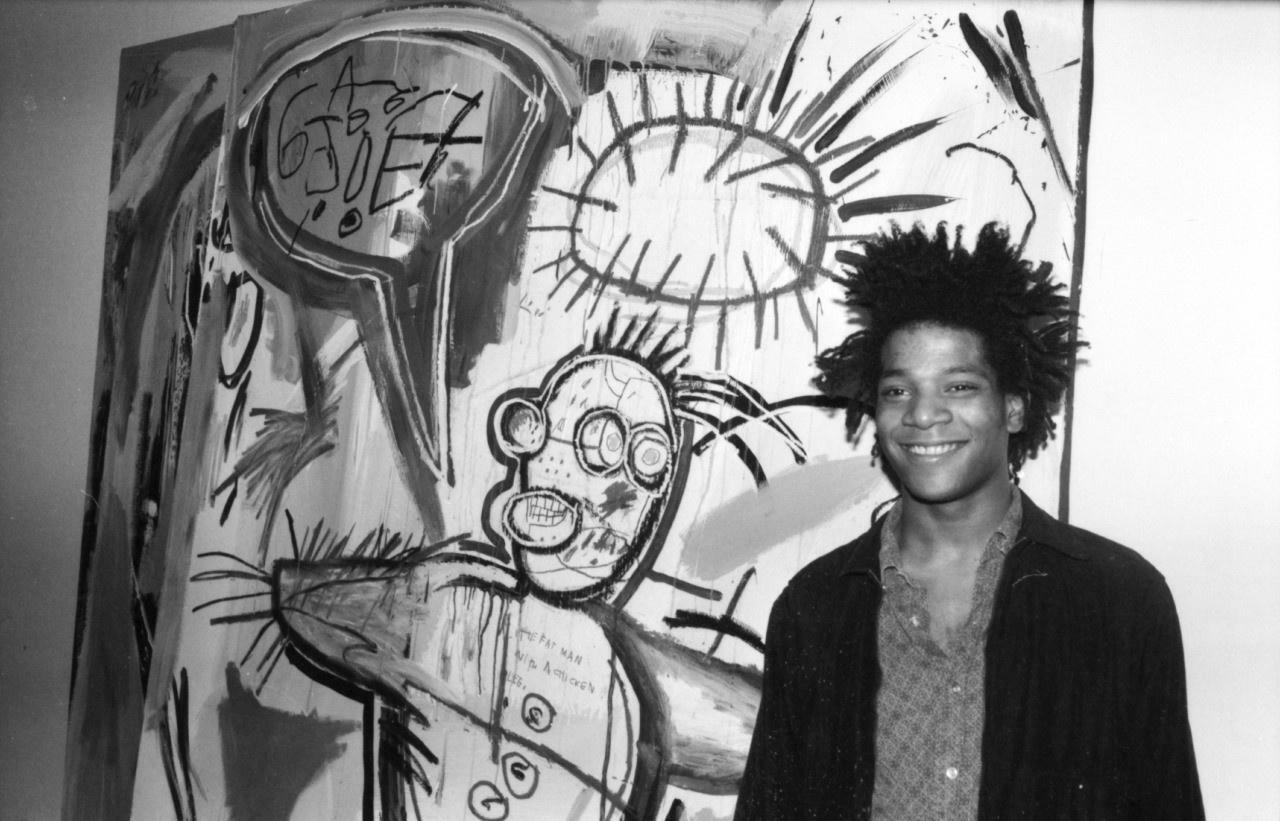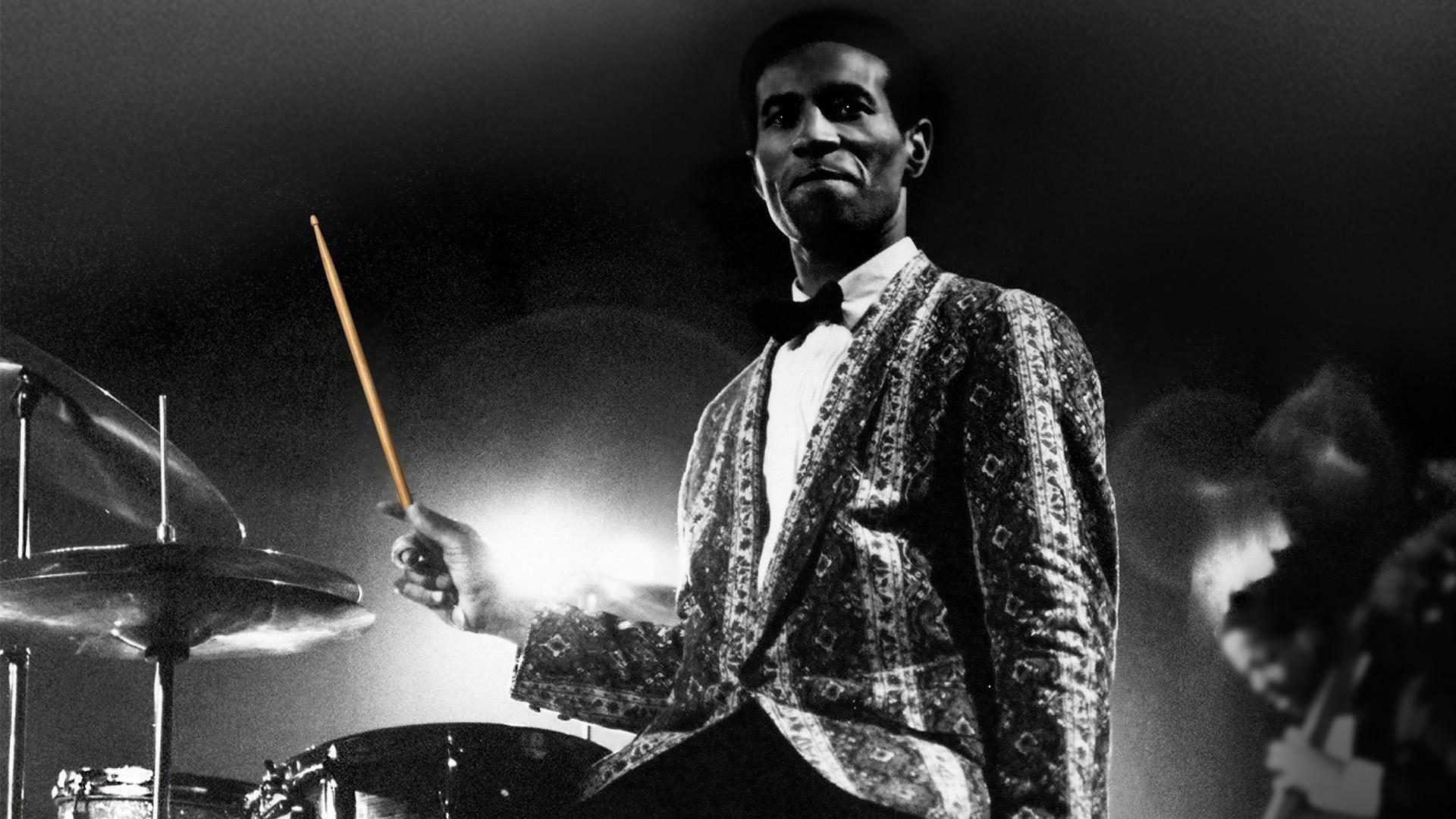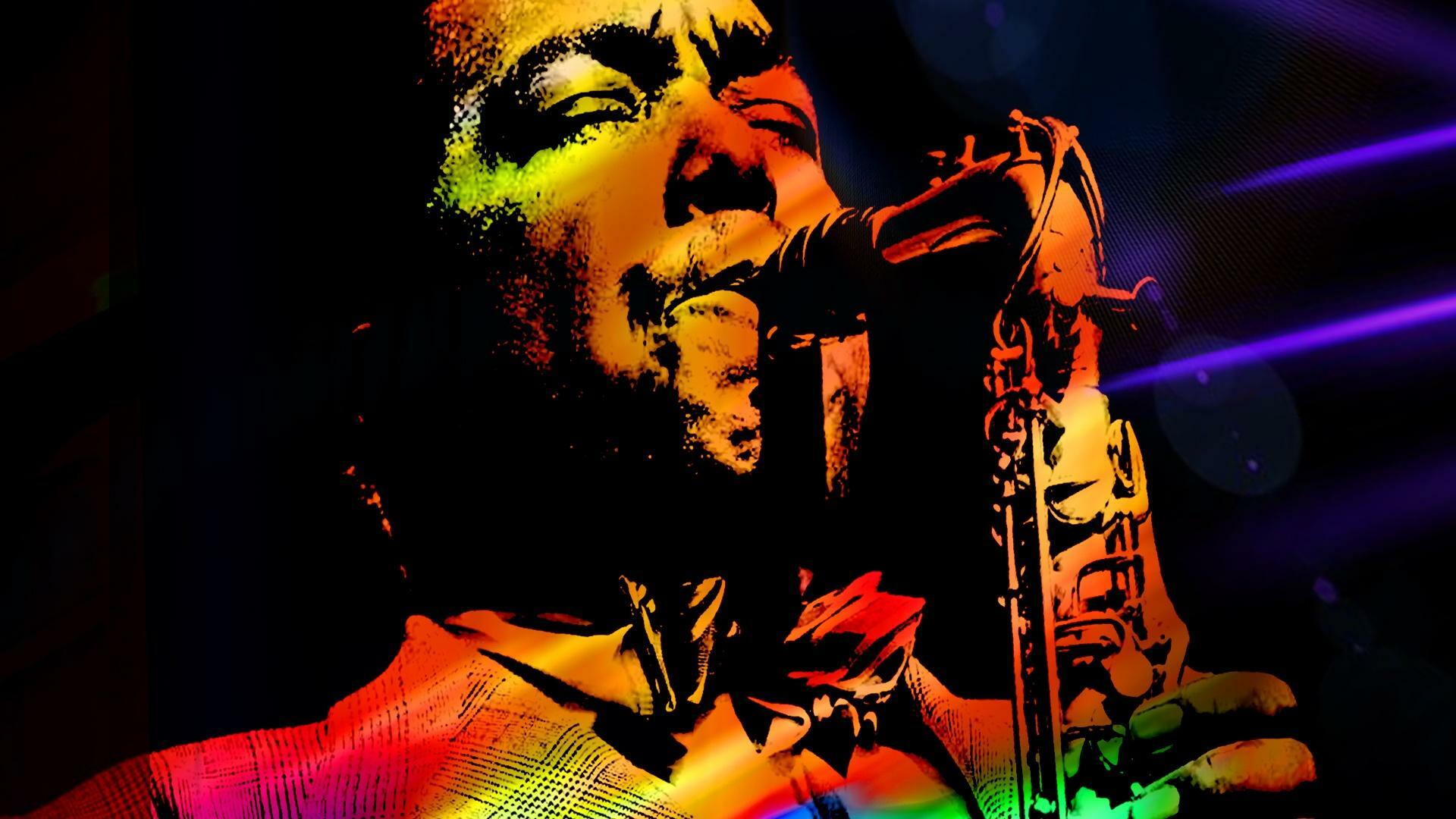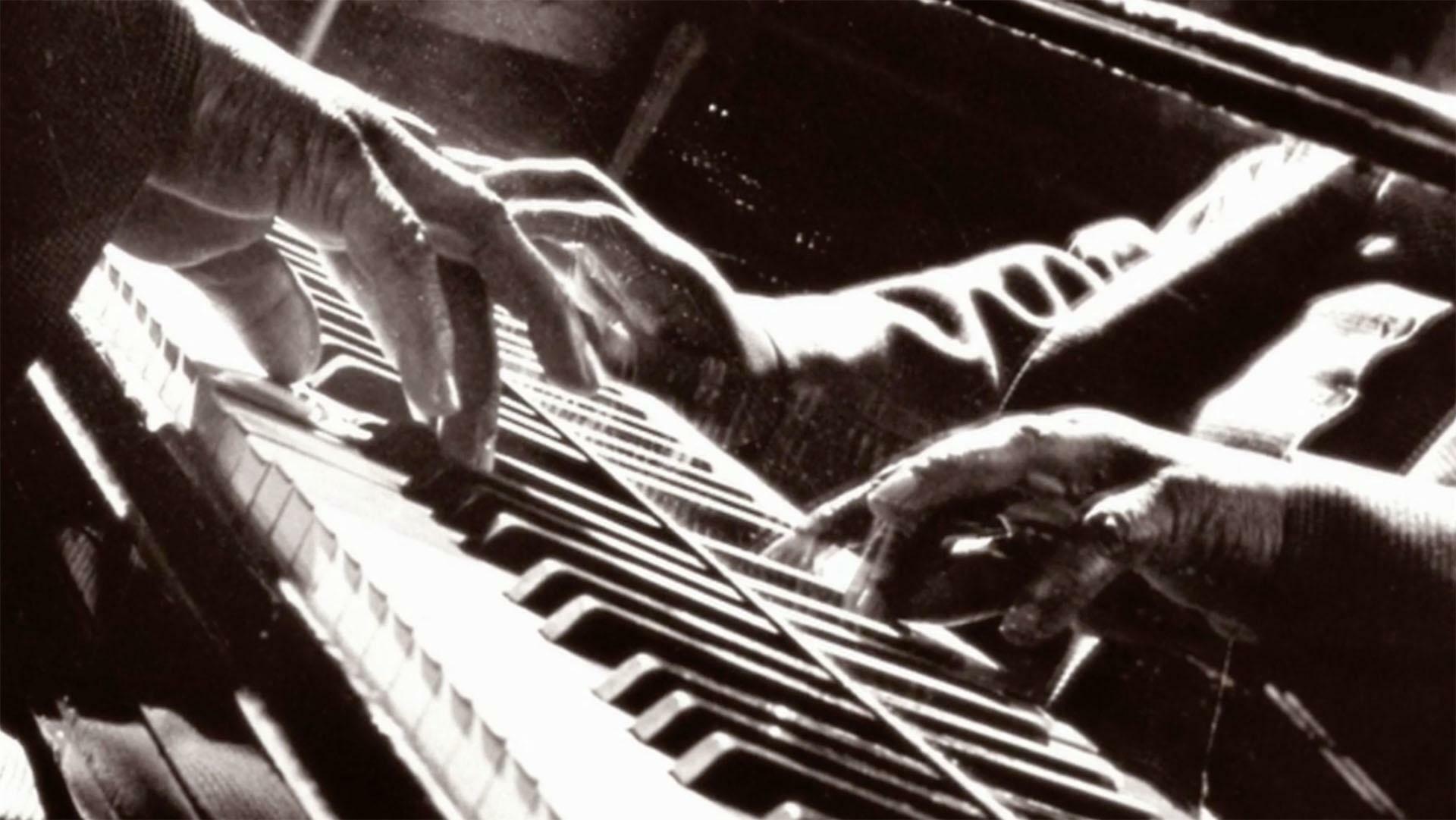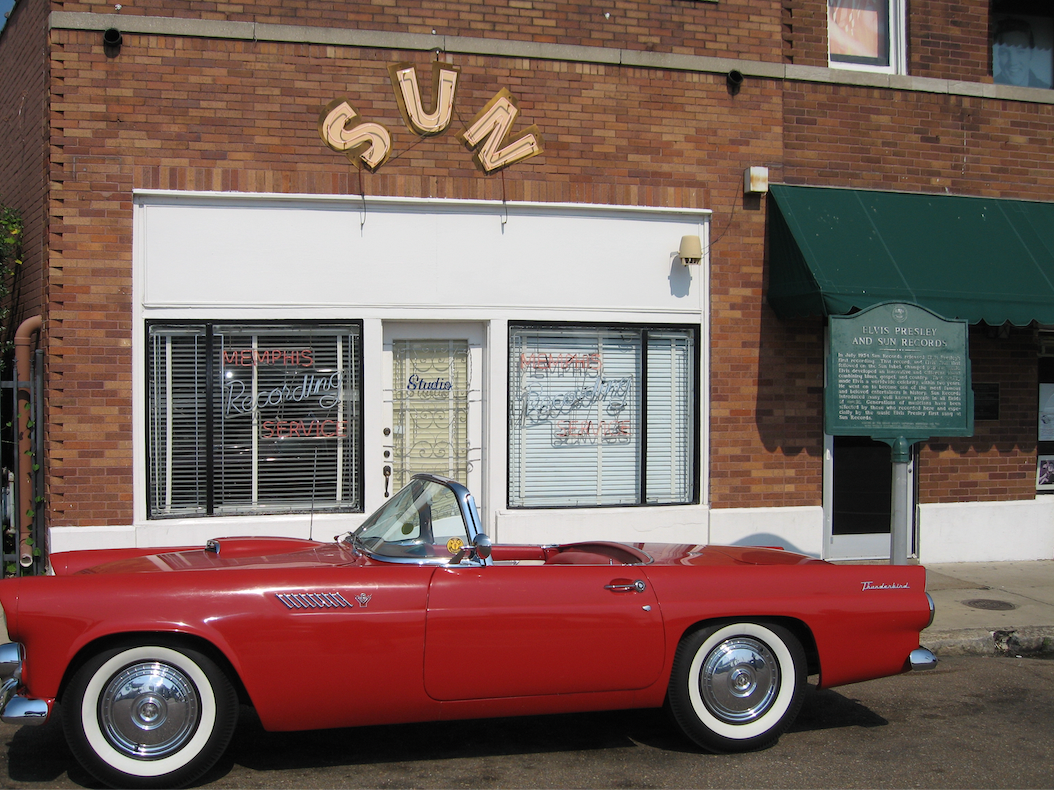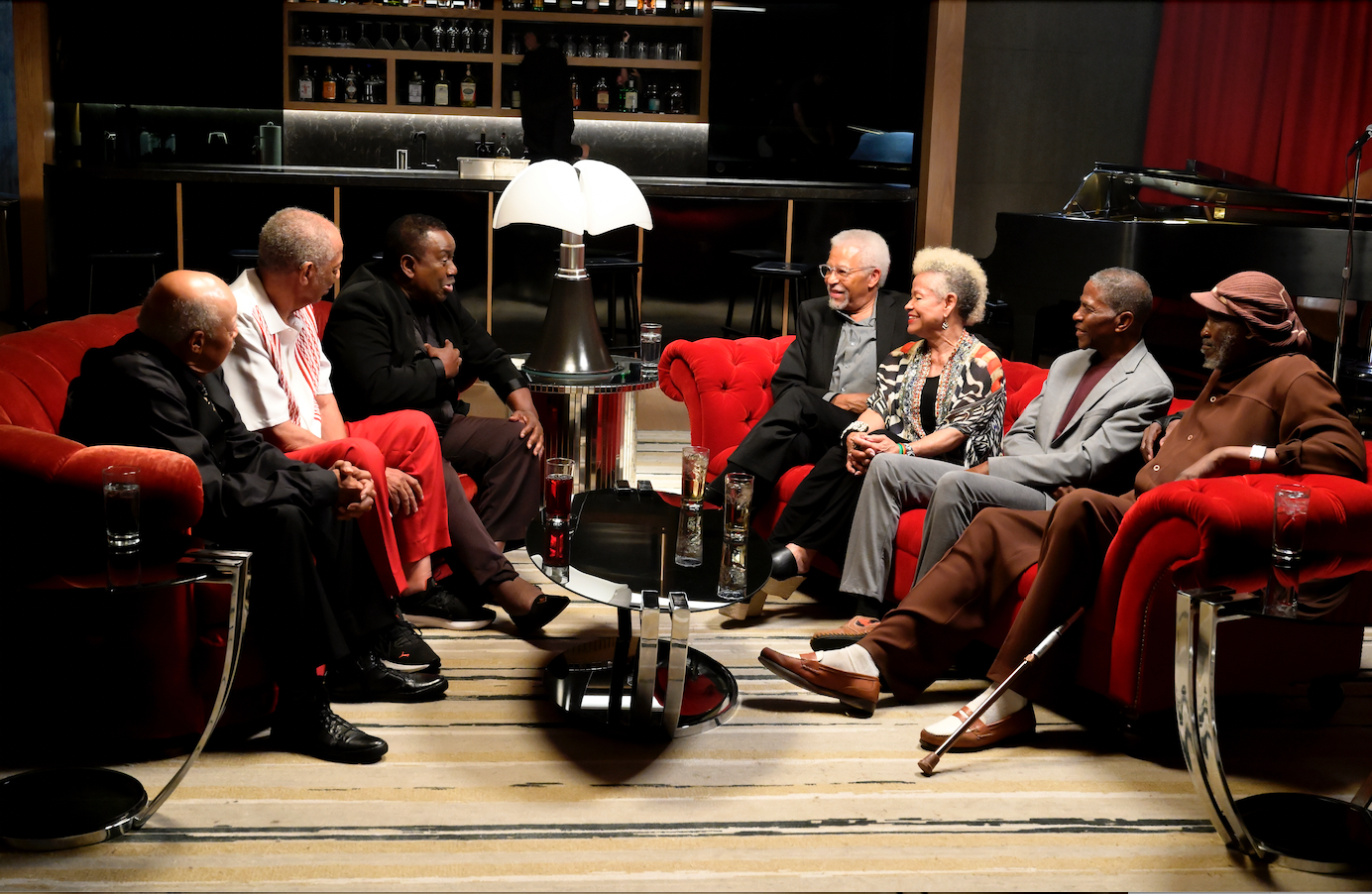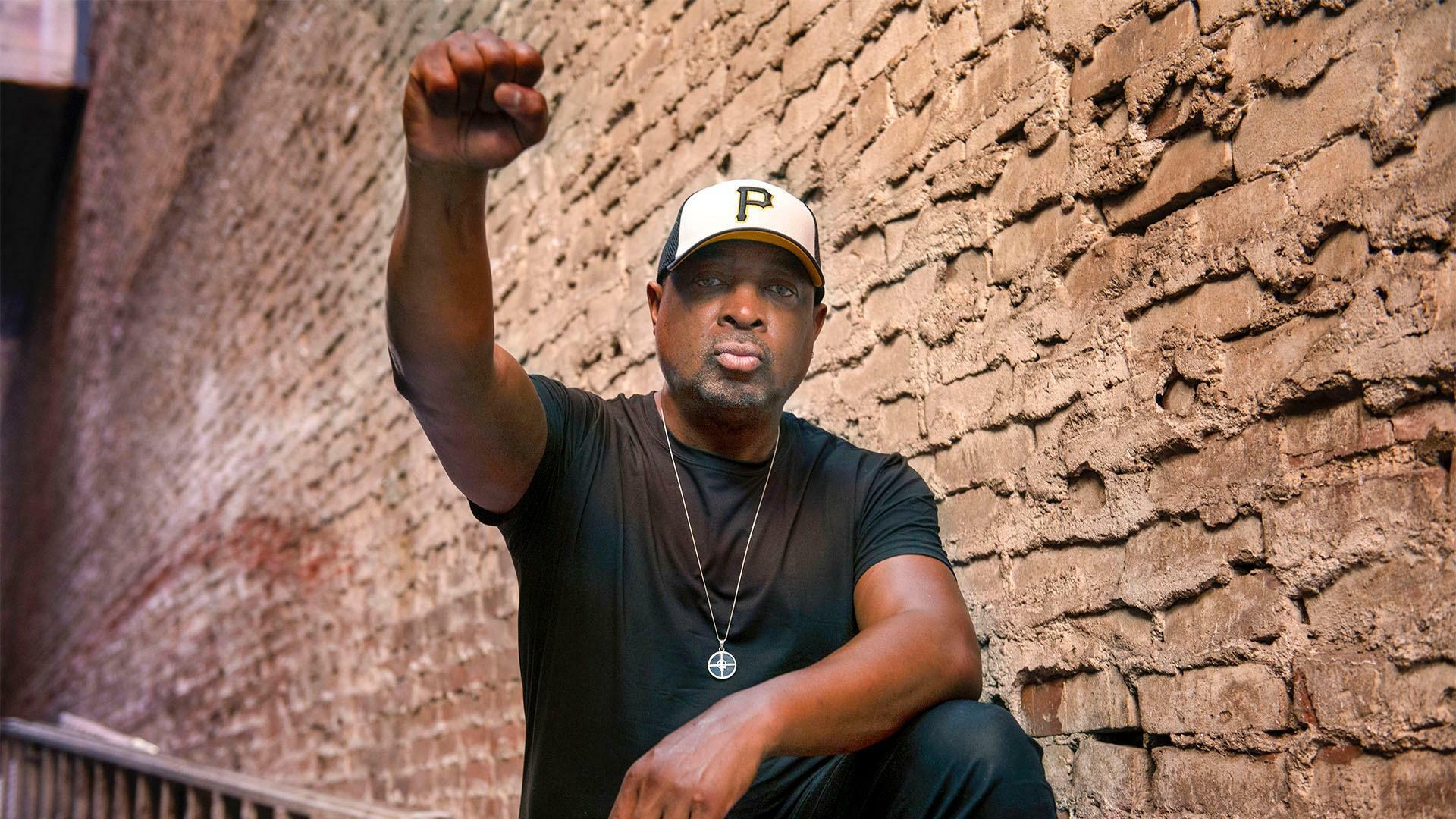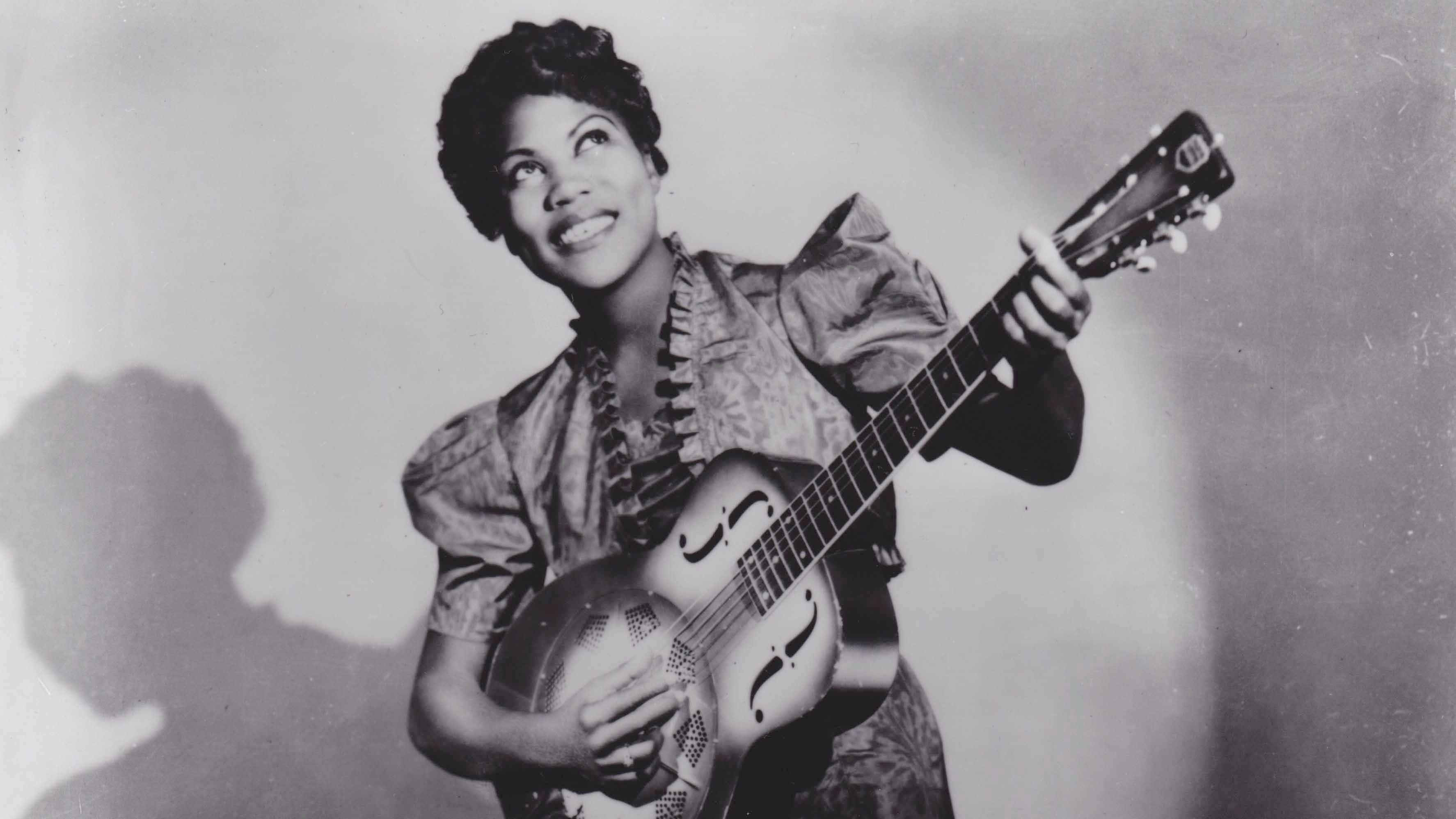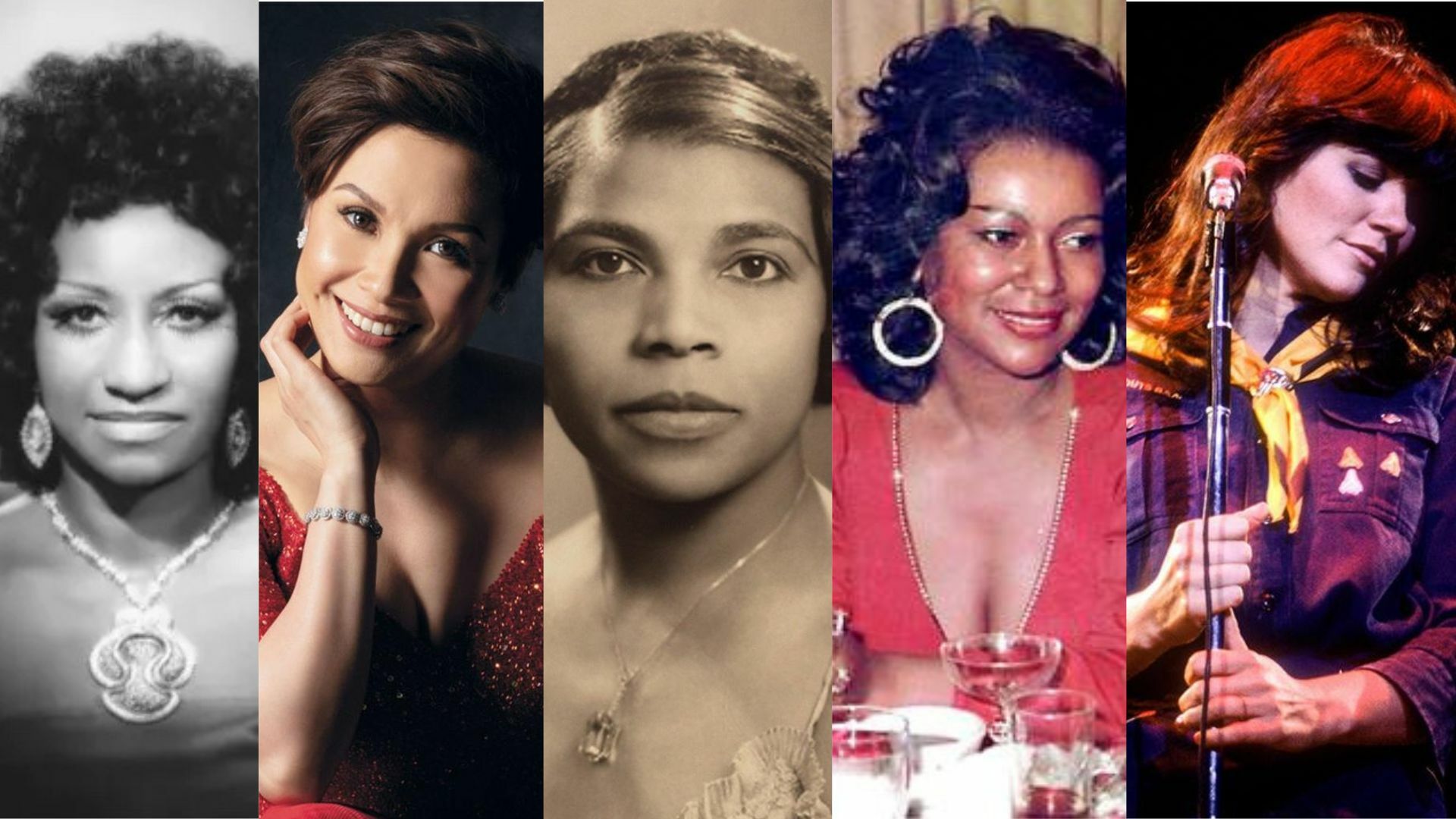Documentaries About Pioneering Black Artists
We could all use some inspiration in our lives and this collection of documentaries and performances featuring pioneering Black artists will do just that. These stories guide you throughout history and mediums where you'll find unparalleled creativity and innovation: see artists making their mark from music across genres like blues, jazz and rock 'n' roll, to painting and sculpture.
This is by no means an exhaustive list, and you can continue to explore more arts documentaries in our Black Artist Visionaries collection. Now sit back and enjoy the show.
Live musical performances from iconic Black artists
Inspirational Black sculptors and painters
Searching for Augusta Savage
From American Masters: Augusta Savage was the first person in the U.S. to open a gallery dedicated to African American art. A Harlem Renaissance sculptor and art educator, she was also one of the first Black women art activists of her time and fought for the inclusion of Black artists in the mainstream canon. Art historian Jeffreen M. Hayes, Ph.D. explores Savage's legacy, and why her artwork has been largely erased.
Must-watch Jazz documentaries

The best of PBS, straight to your inbox.
Be the first to know about what to watch, exclusive previews, and updates from PBS.
Is Blues the Mother of all Modern Music?
Sound Field explores where the blues came from and how it went on to influence many modern genres of music. From Delta Blues pioneers like Robert Johnson and Son House to Chicago Blues icons like Muddy Waters and B.B. King. Show hosts Nahre and Arthur breakdown how this genre can be heard in everything from heavy metal to country music, then take the elements of the blues to create their own unique track.
Music history documentaries to watch now
Support your local PBS station in our mission to inspire, enrich, and educate.
Meet 6 iconic Black women entertainers
How It Feels To Be Free is a documentary from American Masters that tells the inspiring story of how six iconic African American women entertainers – Lena Horne, Abbey Lincoln, Nina Simone, Diahann Carroll, Cicely Tyson and Pam Grier – challenged an entertainment industry deeply complicit in perpetuating racist stereotypes, and transformed themselves and their audiences in the process.

